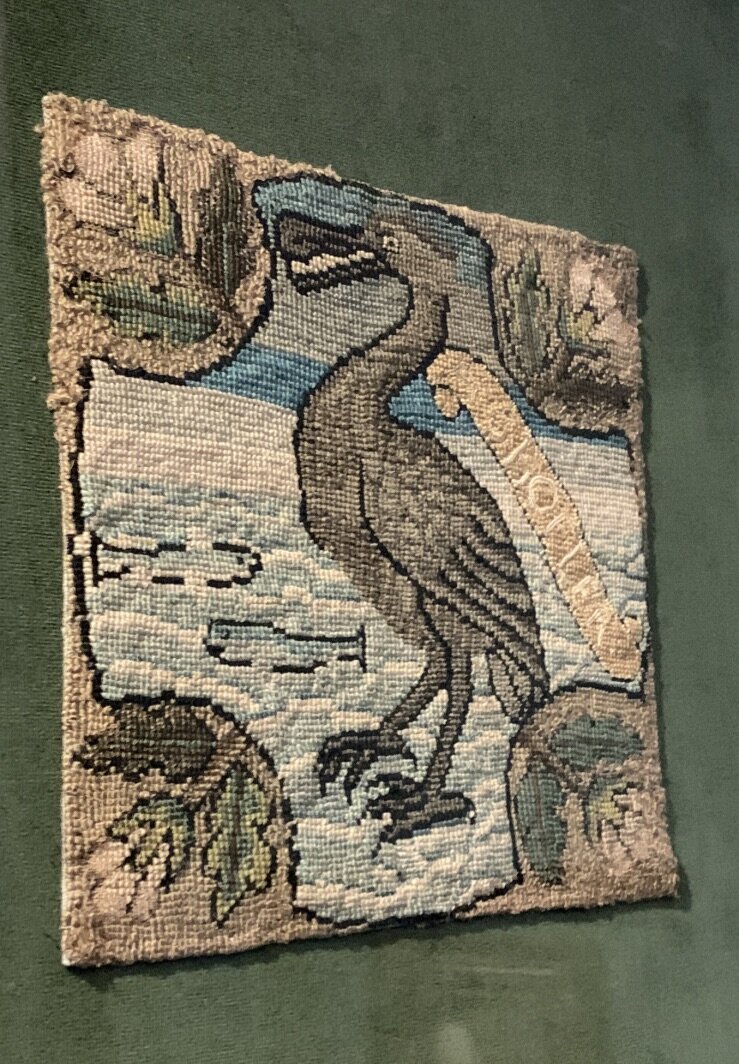During the pandemic it hasn’t been easy for me to get going with new books. In the past I did most of my reading on the subway or in restaurants, and who’s been going to either of those places?! The only three I can really remember at this point are Hello Goodbye Hello, a charming book about celebrities encountering celebrities; the biography of Jane Digby, Lady Ellenborough (the most scandalous adulteress of her generation), and James Baldwin’s The Fire Next Time. I’ve had a desultory time pretending I want to keep continuing with Field of Blood, about Congressional violence before the Civil War.
But in the last month of so I’ve been vacuuming my way through some new books:
Mink on Weekdays (Ermine on Sunday), by Felicia Lamport. Someone on Insta recommended this outrageous coming-of-age memoir from the 1920s. Felicia and her older sister live with their exceedingly wealthy parents in an atmosphere of Babylonian privilege where they are minded first by a German fraulein and then by a French governess. Their mother is really the main character; if Auntie Mame had been a Jewish mother, she would have been Felicia’s mother. Certainly they had a colorful upbringing! (Copies of this book for sale on the internet cost hundreds of dollars, so I was grateful the Athenaeum had it in their collection.)
The Ship of Dreams: The Sinking of the Titanic and the End of the Edwardian Era, by Gareth Russell. I’ve been reading about the Titanic these 44 years, as you know. This book concentrates on seven first-class passengers — the Countess of Rothes, Thomas Andrews (who designed the ship), Ida and Isidor Strauss, John Thayer and his son Jack, and Dorothy Gibson — and through them reaches out to a lot of different aspects of history: the rise of the Irish middle class, Belfast as a growing European city, anti-Semitism in the Confederacy, the decline of the landed nobility in England, mental health, and the growth of celebrity culture. Every page of it was worth it.
And the Band Played On: The Titanic Violinist and the Glovemaker: A True Story of Love, Loss, and Betrayal, by Christopher Ward. The author’s grandfather turns out to be the cutest violinist on the Titanic, Jock Hume, who went down with the ship and his bandmates. Jock left behind a pregnant fiancée, Mary Costin, and a feud with his impossible father Andrew, who had only a casual relationship with the truth. I’m still reading it — apparently a big court trial is key to the action — but this covers everything including the recovery of Jock’s body by the Mackay-Bennett and the history of the fiddle in Scotland.
The Last Voyage of the Andrea Doria, by Greg King and Penny Wilson. With all my fascination with the Titanic and (to a lesser degree) the Lusitania, I’d never read anything about the sinking of the Andrea Doria. This really took me into a sun-drenched world of 1950s glamor, but one that ended in such horror. The authors looked particularly at the passengers whose cabins were at the point of impact with the Stockholm. Just as interesting: the heroic efforts of the medical staff on board to evacuate the two (or three?) passengers traveling in the ship’s infirmary to seek medical care in the States.
Bloomsbury Stud: The Life of Stephen “Tommy” Tomlin, by Michael Bloch (researched by Susan Fox). To say that Tommy got around is an understatement. He seems to have slept with all the Bloomsbury Group except Virginia Woolf — and yet his most enduring work is the bust he sculpted of her. His wife said something about him needing everyone to worship him with their bodies. It’s sad that he died before the age of 40, and that more of his work hasn’t survived.
The Dave Brandstetter Mysteries: Fadeout, Death Claims, Troublemaker, The Man Everyone Was Afraid Of, and Skinflick, by Joseph Hansen. Back in college a friend introduced me to this excellent series focused on a gay Southern Californian detective of the late 1960s through the mid-’70s. Hansen’s ability to describe atmosphere just can’t be beat; everything feels like a gritty, sun-warped down-at-heels California that has probably been significantly upgraded by now. Plot twists abound, of course, but there’s a gay plot or subplot near the core of every murder (not the way you’d expect, either). And Dave’s personal life makes a significant part of the story. As a gay man, he knows the only reason the insurance company employs him is because his father is chairman of the board — even if he is the best detective in the business. At the beginning of Fadeout we learn that Dave’s lover of 20+ years has just died. By the end of the book he’s bonding with another man who’s long-time lover has also just been killed. And there is so much smoking and drinking going on! Portable bars in every office, too. The 1970s was a very different era.





































